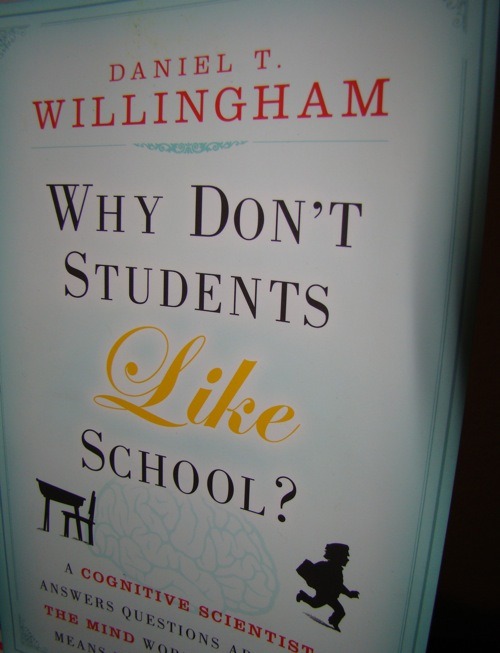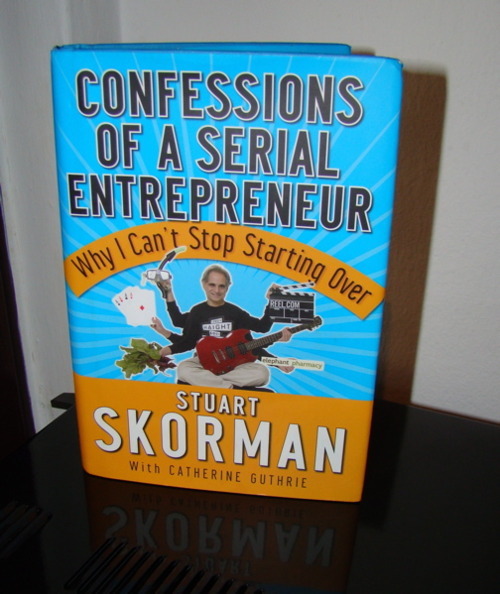
The next title that talks about schooling. Daniel Willingham, cognitive scientist, took the interesting topic of students and school and asks Why don’t Students like School?
If you haven’t read the post of Dumbing Us Down this is probably a good time because Willingham talks about a lot of statements which were made by Gatto.
Do we have to force kids to learn? No. People are naturally curious, it rather happens that school is destroying this natural curiosity. He talks about the differences in people. Why are some kids good at maths and other aren’t? Some part is genetically but not everything. A theory is that e.g. maths feels easier for you, that leads that you want to learn more about maths, maybe join a math club, etc. which in the end leads to extraordinary abilities. The process of deliberate practice was discussed in Talent Is Overrated.
Which brings us to the next point. Deep knowledge is better than shallow knowledge. Firstly, we will need some factual knowledge before going to more difficult tasks. This has to do with working memory. You can only hold up a specific amount of information at a time. However, you can compress this knowledge. For example, it’s hard to remember this letters: O, D, E, L, E, W, N, K, G but if you scramble them it becomes knowledge which is quite easy to remember. The same holds for mathematical formulas, design principles and other things. The second important thing is that deep knowledge leads to long term knowledge. Willingham cites a study which tested the ability to do calculus after 5, 10, 15 and 20 years. People how took more than one class and got C remembered substantially more than people how just took one class and got an A.
This aren’t the positive things about deep knowledge, furthermore it helps you to connect to new ideas more easily which is named context learning. In conclusion, deep knowledge rocks. Learning in Depth talked about more soft criteria of deep knowledge and is a nice complement to this book for this aspect.
The last chapters talk about some misconceptions like learning styles. Research shows that they aren’t existent. There are no auditory or visual learning. Some things stimulate auditory regions and other visual regions.
Why don’t Students like School? is my opinion are really great book which shows what’s important and why we should recheck our theories after some years. If you are interested in learning and want a nice introduction, this is the book for you. Recommendation.



